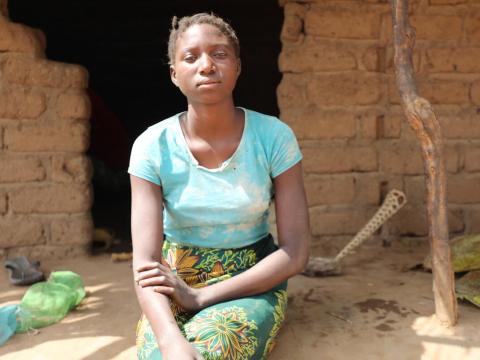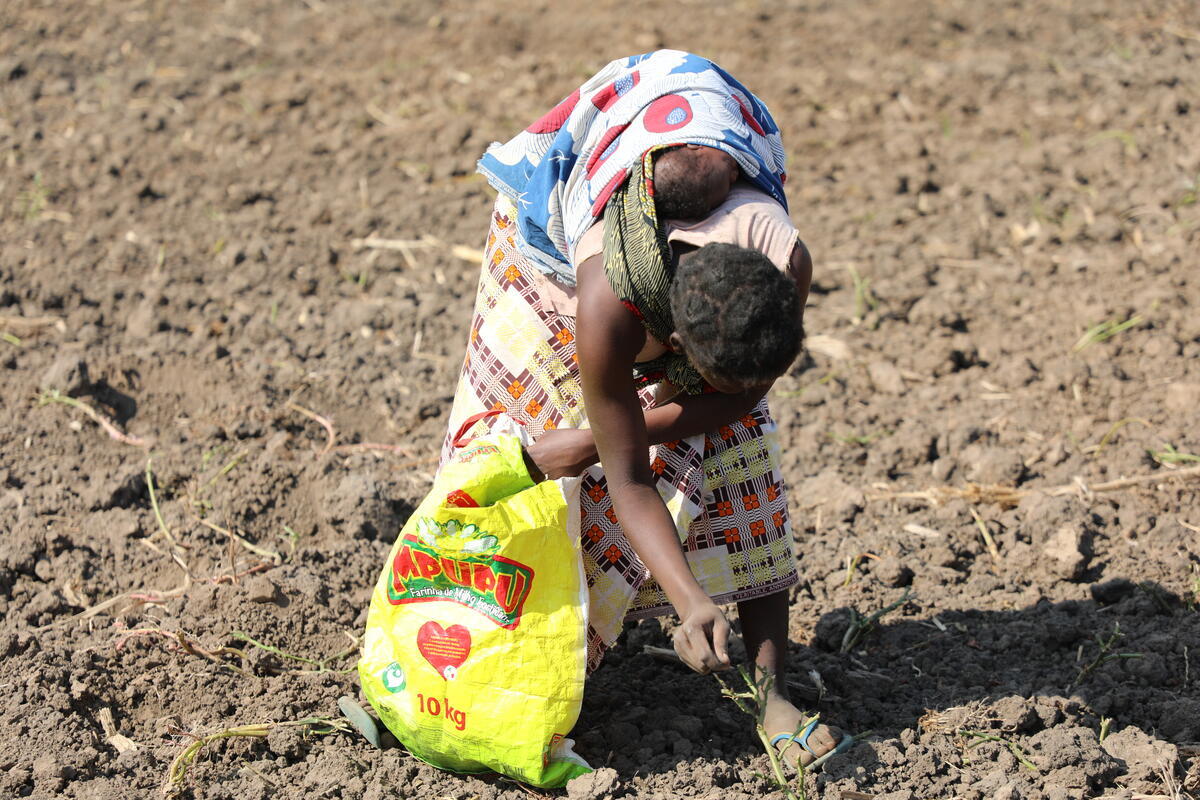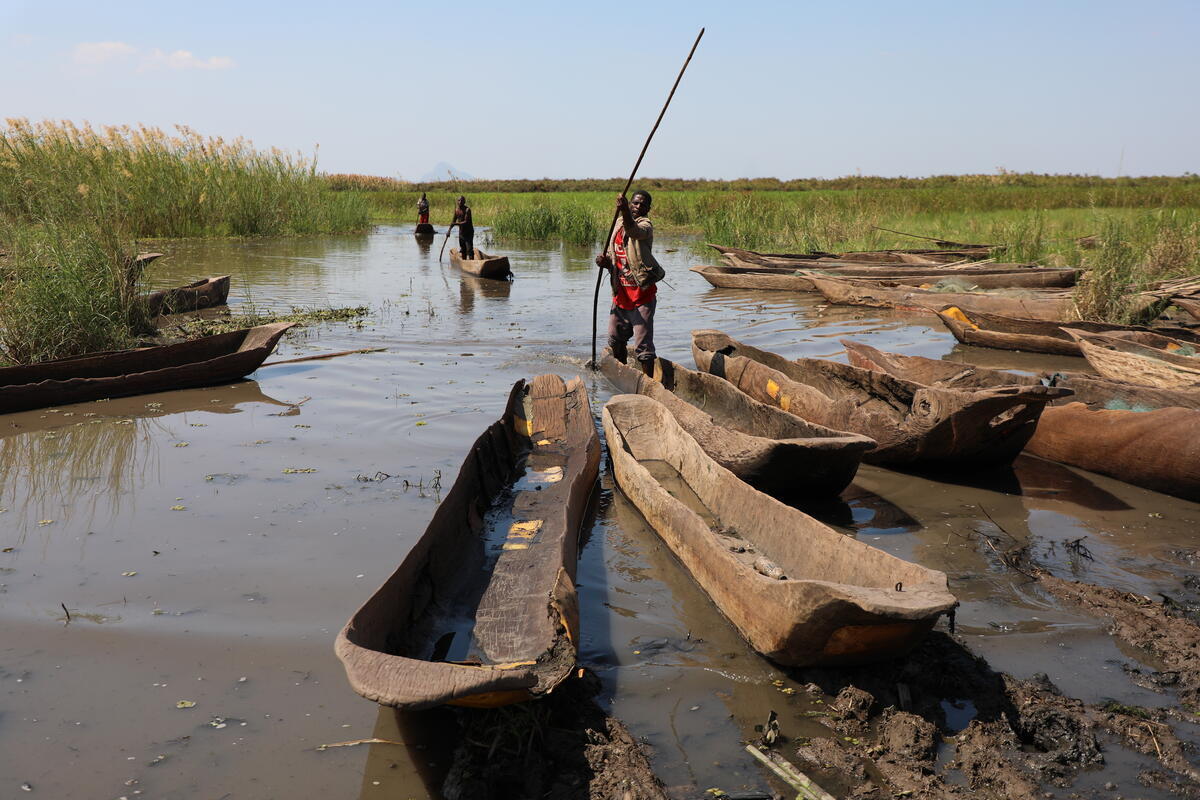Sozinha's story | Climate change and El Nino in Mozambique

“Because of hunger, other children and I dropped out of school,” says Sozinha, a 16-year-old girl severely affected by drought in central Mozambique.
The El Nino phenomenon is adding food security to the worries of thousands of families who were already in a vulnerable situation following cyclone Freddy, which hit Sozinha José’s district, Mutarara, in 2023.
The 2024 Mutarara Government’s Mid-Year Performance Report revealed that the district's population is now being affected by the El Nino phenomenon, which has caused a lack of rainfall leading to drought, and resulting in the loss of almost 16 thousand hectares of ploughed and sown land, or 26 percent of the total.

Girls’ malnutrition is a pervasive global crisis with far-reaching implications. Hunger doesn’t just compromise the health and wellbeing of girls like Sozinha Jose, but also threatens their education, future earnings, and health. The future of their children is also at stake; in a vicious cycle that if not tackled, will cost 1.6 trillion dollars over their lifetime in lost productivity and potential.
Sozinha José, who has lost both her father and mother, lives with her grandmother Fanita and cousin Ismael. “I'm suffering with hunger here. Before, we used to produce [food] normally, but now we're suffering because of drought,” said Sozinha Jose.
“Even though we grew some crops, all the produce dried up because of lack of rain. In these last two years, from 2023 to 2024, we haven't been able to produce anything in the field,” added Sozinha Jose.

Sozinha Jose is only one example of the 31,000 families directly affected by the drought caused by El Nino in that part of the country. The health impacts are severe, especially for girls. Malnutrition compromises girls’ immune systems, increases their susceptibility to disease and risks during childbirth, and results in higher mortality rates.
“To survive, my grandmother and I go to the river to look for water lily tubers to cook and eat. Some days we don’t manage to find the tubers. In those days we have nothing to eat,” Sozinha Jose adds.
The educational consequences are equally dire, with malnourished girls experiencing reduced cognitive function and school performance, which hampers their ability to reach their full potential. This educational setback limits future opportunities and earning potential, perpetuating cycles of poverty and inequality.